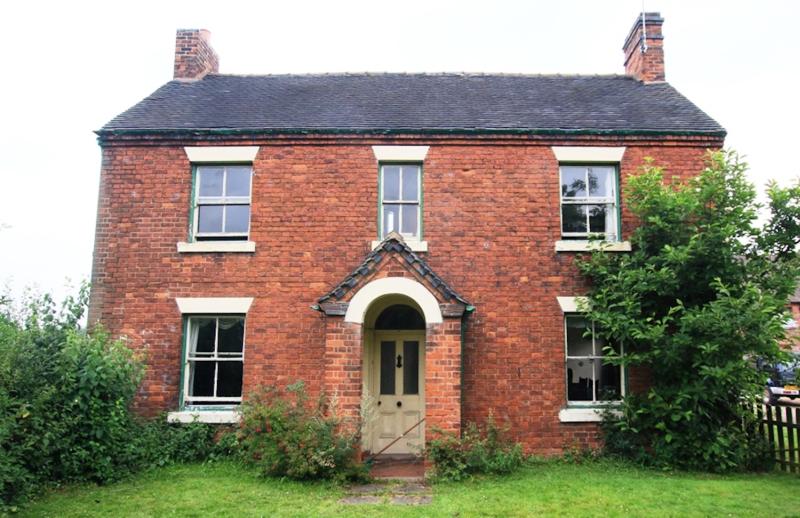
A new farmhouse will be built on green belt land near Wolverhampton after a farm owner won a planning appeal.
The ruling overturns South Staffordshire Council’s refusal to grant permission to demolish Heath Farm at Vicarage Road in Calf Heath, near Gailey, to allow the owner to build a new four-bedroom property on land off Stable Lane.
Tom Follows of Inglewood Investment Company, the company which wanted to plan permission for the farmhouse, said that constructing a new farmhouse was vital to support the farm and replace the current property but that the council had ‘locally listed’ the old farm house in 2014.
Locally listed buildings are on the ‘lowest rung’ of the hierarchy of heritage assets.
Historic England describes them as buildings and sites in a local planning authority’s area that make a "positive contribution" to its local character and sense of place because of their heritage value.
“Heath Farm was built some time between 1859 and 1884 alongside a road, which now carries very heavy traffic,” Mr Follows explained.
“The farm’s old barns have been converted for housing use and the existing farmhouse, which is in very poor condition, is now some distance away from the new working farmstead making it impractical as a building to support an active agricultural business.”
'Low significance'
An independent heritage consultant said the protection of a building has to be a balance against other factors.
Consultant David Burton-Pye said: “In this appeal we agreed wholeheartedly that heritage assets deserve care, but the protection has to be balanced against other factors; my evidence was that Heath Farm was of low significance compared to similar properties with the same classification.”
Niall Blackie, Lead Partner for Town & Country Planning at FBC Manby Bowdler, acted on behalf of Inglewood Investment Company to secure planning permission as a result of the appeal.
Experts from Savills supported the arguments made by FBC Manby Bowdler, providing planning, agricultural and valuation evidence about the need for the new farmhouse.
Niall Blackie explained that the council had argued that there was a presumption in favour of retaining locally listed buildings, and added: “The inspector agreed with my submission that there was no national policy support for their argument, and that locally listed buildings are on the ‘lowest rung’ of the hierarchy of heritage assets.
“He applied the balanced approach of the national policy and accepted the evidence we had brought outweighed the low significance of the building.”
Important case
Mr Blackie added that the case was important because it showed that a local listing should not prevent a development if there were good arguments to support the proposal.
He said: “The key here was to ensure that when we came to the hearing, the inspector was given clear explanations for each of our arguments, supported by evidence from acknowledged experts, so that the balance presented was clear cut.”
